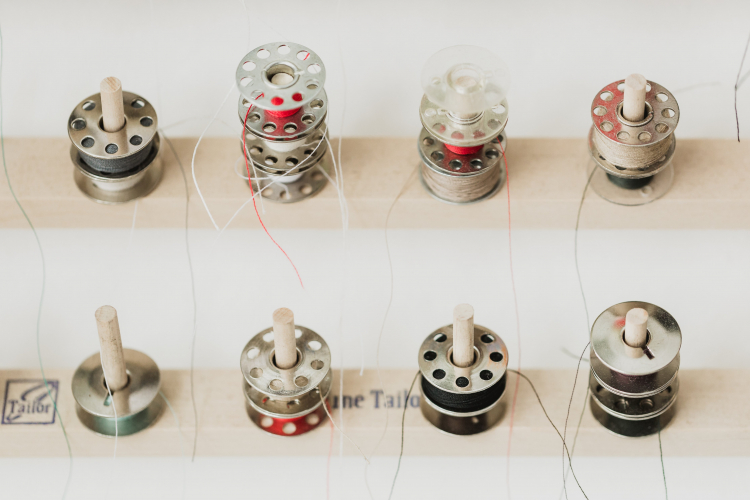Fashion Victim

You wanna buy a new pair of sneakers tomorrow? Maybe this will make you think twice: according to the Global Slavery Index, more than 40 million people throughout the world are victims of modern-day slavery, with the highest number coming from the African continent as well as countries from Asia: specifically China, India and Bangladesh. The industries situated in these countries are mainly the property and responsibility of brands and investors coming from rich Western countries. In the footwear, apparel, and even cosmetics sector, workers are vulnerable to exploitation, with women and migrants forming the bulk of the labor force, from brands like Prada to Zara.
According to a study lead by KnowTheChain, 28 out of 43 companies scored below 50/100 in addressing the risk of forced labor in supply chains and 10 companies score below 10/100; and this only in the footwear sector! 24 major companies in the fashion industry do not ensure decent conditions of labor in their factories. One in every 200 people on earth live in slavery. I won’t go into much more statistics because I know that does not always show you the magnitude of the situation. But although these numbers might not be so palpable for us readers, it is significant for us consumers to understand what it implies when we buy products on the market. KnowTheChain is an NGO that is fighting against modern day slavery and raising awareness on a topic that is, to say the least, worrisome. Although many brands have been promoting more pseudo-eco-friendly lines that are pro sustainability, one thing that is not put forth (and is part of the ecological system) are the human labor force involved in the production. A labor force which contains forced labor, forced marriage, human trafficking, racism and discrimination.
As a recent example of this forced labor is China’s mass imprisonment of Uighur Muslims in the Xinjiang province. Over 1.8 million Uighur's have been forcibly confined in farms, prison camps, and factories by the Chinese government. This resulted in 1 out of 5 cotton goods that are sold worldwide being produced by this forced labor! Known brands like Nike, Adidas, and Amazon are part of the institutions that exploit Uighur labor.
Now, for this system of consumerism to prevail it requires a phenomenon called supply and demand. As long as it is cheaper to produce goods under inhumane conditions, companies will try and find a way to do so. It is hard to completely avoid a certain participation in this since a big majority of what we consume is, even if indirectly, issued from forced labor. However, we can play a part in raising awareness and boycotting certain products to slow this phenomenon down.
Instead of buying those Nike shoes this season why not try brands like Veja for a change. Veja is a Brazilian fair trade brand that is completely transparent about how its shoes are manufactured and tells you everything that is involved in the making of one pair of shoes.
The next time you're out shopping, stop and think about what you're buying and where it comes from. While it is not your responsibility to keep major companies in check, you should at the very least be informed about where the products you buy come from, and if the way they are made would go against your own ethical principals.







